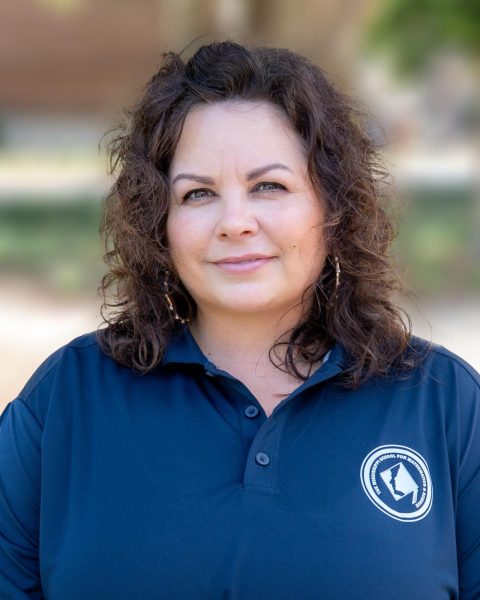Understanding the SGA
September 3, 2015
Upon arriving to the MSMS, it can be very difficult to pin down what exactly the Student Government Association (SGA) does. You may have heard a week ago that they write bills, but swear up and down that yesterday someone mentioned they control prom. Which is true? Neither? Both? How exactly do elections work, and what can you do to stay informed? It is all much simpler than you might think!
If you have ever taken any US History or Government class, you have probably heard of the three branches: the Executive Branch, the Legislative Branch, and the Judiciary Branch We have three corresponding branches: the Class Officers, the Senate, and the Honor Court.
The Executive Branch
The Officers in the Executive Branch hold leadership positions comparable to that of the White House. The Executive Branch includes the positions of the SGA Officers, the Cabinet, the Hall Councils, and the Class Officers.
The SGA Officers hold many responsibilities, but it is simplest to say that they control SGA elections and preside over the Senate. The SGA President must preside over Senate, preside over the Executive Branch, nominate and preside over a Cabinet, represent the Student Body at public events deemed necessary by the director, and call special sessions of any SGA body deemed necessary by the President. The SGA President is assisted by a Vice President, who presides over Senate (usually to a much higher degree than the President), assists the President, and takes responsibility over Senate projects. In the absence of the President, the Vice President fills their shoes. An SGA Secretary is also elected, and the Secretary is charged with recording the weekly occurrences of Senate, posting the Senate’s accomplishments in a viewable place, and recording Senate attendance.
The Class Officers include a President, Vice President, Secretary, Treasurer, Historian, and their duties differ from Junior Class to Senior Class. In a general sense, the Junior Class officers are in charge of Junior Class activities and fundraising for and planning Prom. Senior Class officers are instead tasked with orientation activities, graduation activities, and alumni activities. The officers serve similar positions for each class but serve a different goal. The Class President is primarily in charge of the social activities of a class and calls officer meetings when necessary. The Vice President is assistant to the Class President and assists all other officers when necessary. The Treasurer is in charge of maintaining the funds for a class and must be able to present records of the class’s finances at any time. The Secretary keeps records of meetings and assists all other officers. The position of Historian is to keep records of the class’s activities.
The SGA President, as mentioned earlier, nominates a cabinet to assist him or her. This cabinet can have a variety of purposes which seem to change year to year , including running the elections for student government.
The Legislative Branch
The Legislative Branch is the Senate. The Senate is composed of Senators currently elected by their floor in the dorms. Senators meet once a week and present and edit bills or resolutions made by students. Bills are ideas for changes in the handbook that, if passed through the senate, moves on to the three administrators to be discussed. Resolutions are opinions of the Senate and students and offer a suggestion. If you are facing a problem with a rule or procedure, contact a Senator.
Judiciary Branch
The Honor Court is a review board that accepts cases students appealing level Is and level IIs. The Honor Court consists of four Senior justices and two Junior justices tasked with reviewing appeals made by students written up by hall staff. The Court will then make a suggestion to the administration.
If you are worried about any inconsistencies or curious about the constitution, you may email the author for an online edition of the SGA Constitution








